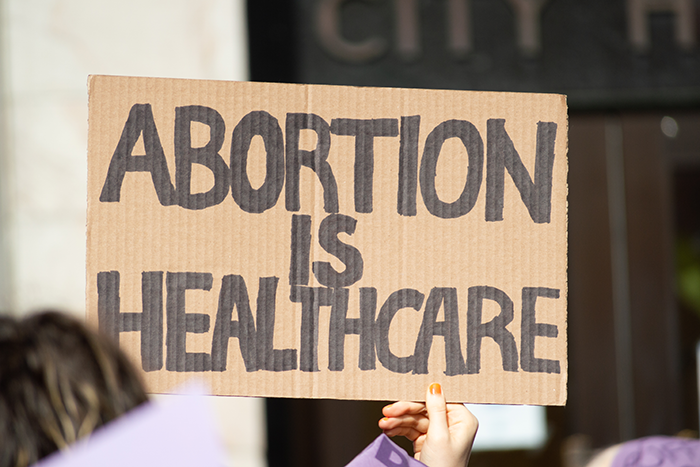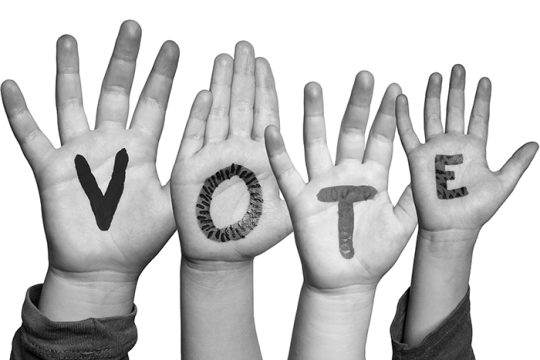
Last week, President Biden issued his second Executive Order to improve access to abortion services since the Supreme Court's ruling overturning Roe v. Wade. This executive order is meant to support patients traveling out of state to receive abortion care, ensure health care providers comply with federal non-discrimination law, and promote research and data collection on maternal health outcomes.
Since abortion bans force millions of people to travel out-of-state to receive the care they need, protecting people's ability to travel is critical. In fact, the House of Representatives has passed a bill with the same goal. The Ensuring Access to Abortion Act of 2022 (H. R. 8297) would prohibit interference with the provision of, access to, or assistance for abortion care across state lines. It would reaffirm the right to interstate travel so that people traveling to seek abortion care, and the people who help them, are able to do so without the threat of civil or criminal penalties.
Beyond the threat of criminalization for travel or the restrictions on receiving abortion care itself, there are numerous other questions and dangerous implications of the Dobbs decision and abortion bans. These questions include: Will I receive the care I need in a health emergency? How does this decision impact access to contraception and other family planning services? Is my location or spending data private and will they be used against me? How does criminalization of abortion care affect immigration status? Will my ability to obtain a job, housing, a loan or even my right to vote be affected? All these concerns are compounded for Communities of Color, which already have less access to abortion care in general and are disparately targeted and harmed by criminalization. These concerns barely even scratch the surface.
To address some of these concerns, and thanks in large part to the tireless insistence of abortion activists, President Biden's executive order from July will safeguard reproductive health services, including protecting access to medication abortion, contraception, and emergency medical care; protecting patient privacy and combating digital surveillance; protecting the safety and security of patients, providers, and clinics; and establishing an interagency Task Force on Reproductive Health Care Access. This is a good start.
In this deeply distressing time, we can find glimmers of hope (not to be confused with optimism) and motivation. On August 2, in the first test of American's commitment to reproductive rights post-Dobbs, Kansas voters rejected an amendment to remove the right to abortion affirmed in the state constitution right to abortion. This is also a win for the region, as maintaining abortion rights in Kansas is critically important for people to travel for care from the surrounding states where abortion is banned. This important victory is thanks as well to the efforts of activists, organizers, and volunteers, including RAC and WRJ advocates who made calls to Kansas voters. Abortion access will also be on the ballot this year in California, Kentucky, Michigan, Montana, Nevada, and Vermont.
We must continue to push our state legislators, members of Congress, and the Administration to address the extensive implications of the Dobbs decision and do everything in their power to protect abortion access and reproductive rights on the state and federal levels. Urge Congress to pass comprehensive legislation that protects fundamental reproductive rights and freedom, including the right to contraception.
We must also participate in efforts to encourage voter participation. As we saw in Kansas, strengthening democracy, protecting access to the ballot, and expanding voter participation impacts issues fundamental to our Jewish values, including abortion access. Get involved in the Reform Movement's Every Voice, Every Vote Campaign.
We cannot let up. Our efforts make an impact and do not go unnoticed.
Find resources to support abortion funds, providers, and people seeking abortions.
Related Posts

Kosher Feijoada: Reflections on Latin Heritage Month and Sukkot

Securing the Vote

